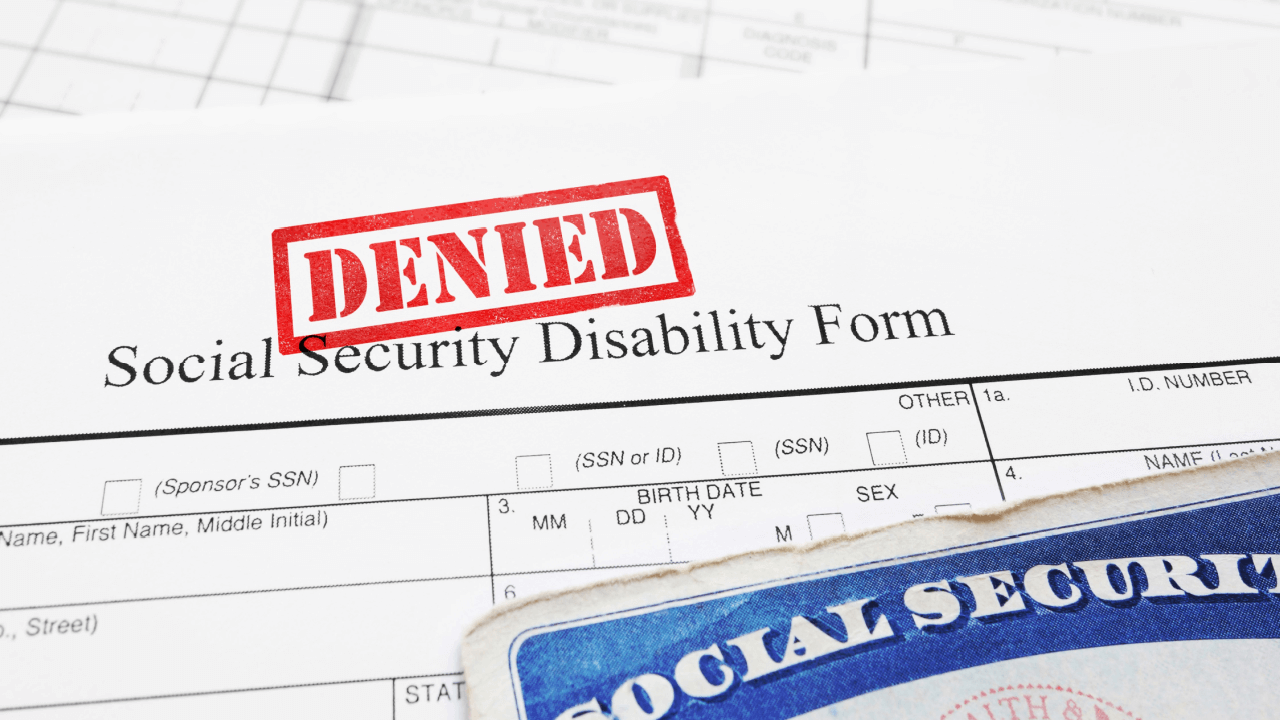
What Proof Is Needed for SSDI? Essential Documentation Requirements
Claim Submission Overview: What Proof Is Needed for SSDI?
What proof is needed for SSDI applications is a critical question for anyone seeking Social Security Disability Insurance benefits. The Social Security Administration requires comprehensive documentation to verify your disability claim and determine your eligibility for monthly payments. Understanding exactly what proof is needed for SSDI can help applicants better understand documentation expectations and the application process.
Medical Proof Checklist: Key Documentation for Your SSDI Claim
Medical documentation is a central part of how the Social Security Administration evaluates SSDI applications. The Social Security Administration requires detailed medical records that clearly demonstrate your disabling condition and its impact on your ability to work.
Essential medical proof includes complete medical records from all treating physicians, specialists, and healthcare facilities. These records must span at least 12 months and show the progression of your condition. Laboratory test results, imaging studies like X-rays or MRIs, and surgical reports provide objective evidence of your medical condition.
Your doctors’ statements carry significant weight in determining what proof is needed for SSDI success. Detailed physician narratives explaining how a condition affects daily activities and work capacity are commonly reviewed as part of the evaluation process.
Employment Records Needed: Work and Financial SSDI Documentation
Beyond medical evidence, what proof is needed for SSDI includes comprehensive work history and financial information. The Social Security Administration must verify your work credits and earnings history to determine benefit eligibility.
You’ll need to provide detailed employment records for the past 15 years, including employer names, dates of employment, job duties, and earnings information. Pay stubs, tax returns, and W-2 forms serve as essential proof of your work history and income levels.
Self-employed individuals must submit additional documentation, including business records, profit and loss statements, and Schedule SE forms from tax returns. This information helps establish the work credits necessary for SSDI qualification.
Additional Proof Sources: Supporting Evidence That Strengthens Your Claim
What proof is needed for SSDI extends beyond medical and work records to include supporting evidence from various sources. Family members, friends, former coworkers, and caregivers can provide valuable testimony about how your condition affects your daily life.
Vocational expert evaluations assess your remaining work capacity and job market opportunities. These professional assessments provide objective analysis of your functional limitations and employability prospects.
Educational records, military service documentation, and previous disability determinations from other agencies can support your SSDI claim. Evidence describing the severity and persistence of a condition may be reviewed as part of the SSA’s evaluation.
Documentation Success Strategy: How to Strengthen Your SSDI Application
Understanding what proof is needed for SSDI and gathering comprehensive documentation can help applicants prepare a complete submission. The Social Security Administration makes decisions based solely on the evidence you provide, making thorough preparation essential for success.
Organize your documentation chronologically and ensure all medical records are complete and current. Missing information or gaps in treatment history can delay processing or result in denial. Work closely with your healthcare providers to obtain detailed reports that specifically address your functional limitations.
Start Your SSDI Claim: Gather Essential Documentation Now
Incomplete paperwork is one of the leading causes of SSDI application delays and denials. Start gathering the essential documentation and medical evidence you need right now—before you file—to give your disability claim the strongest foundation possible.
The sooner you begin collecting comprehensive proof of your condition and its impact on your ability to work, the more smoothly your application will move through the Social Security Administration’s review process. Proper documentation from the start can help reduce administrative issues and the need for additional review.
If you’re considering legal representation for your SSDI case, visit Social Security to learn more about how an attorney can provide legal information and guidance about the SSDI application or appeals process.
This version emphasizes the consequences of poor documentation more clearly and positions the website as a resource for those seeking legal help with their claims.
Frequently Asked Questions
1. How long do medical records need to cover for SSDI applications?
Medical records should span at least 12 months to demonstrate the persistence and severity of your disabling condition.
2. Can I apply for SSDI without complete medical records?
While you can submit an application, incomplete medical records significantly reduce your approval chances and may result in delays or denials.
3. Do I need a lawyer to gather proof for my SSDI claim?
While not required, disability attorneys can help ensure you gather all necessary documentation and present your case effectively.
4. How recent must medical evidence be for SSDI applications?
Medical evidence should be as current as possible, ideally within 90 days of your application submission date.
5. What happens if I can't afford medical treatment to get proof for SSDI?
The Social Security Administration maintains a list of consultative examination providers who can evaluate your condition at no cost to you.
Key Takeaways
- Medical records spanning at least 12 months form the foundation of what proof is needed for SSDI approval.
- Complete work history documentation for the past 15 years is essential for establishing benefit eligibility.
- Supporting evidence from family, friends, and vocational experts strengthens your disability claim significantly.
- Organize all documentation chronologically and ensure medical records address specific functional limitations.
- Start gathering what proof is needed for SSDI immediately to avoid delays and improve your approval chances.


